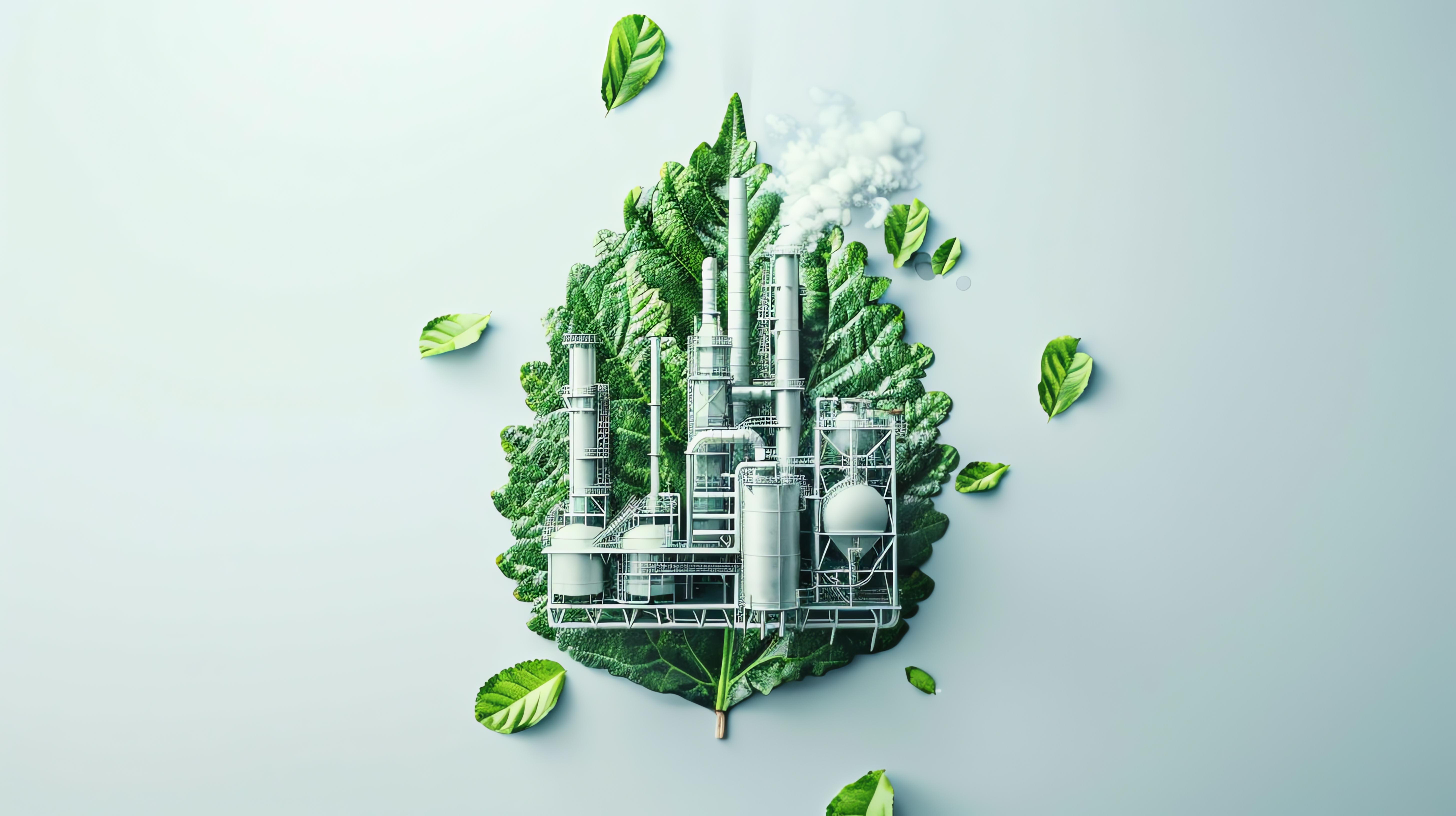The Chemicals Industry in Crisis: Navigating Supply Chain Challenges Amid Global Disruptions

The chemicals industry is in crisis due to rising prices and shortages along with raw materials and growing demands from consumers worldwide. Such changes may possibly lead to a reshuffle of organizational thinking and operational systems. So this paper is also devoted to exploring these challenges as well as potential solutions from the perspective of the industry’s professionals.
Over the past years, the world endured a sequence of global disruptions spearheaded by the COVID-19 pandemic, further generalized measures and vaccination of the global population, political volatility between world superpowers and other parts of the world along with environmental issues. These in turn all had a very distinct effect on the chemicals industry as a whole particularly in the geographical diversification of supply chains. The pandemic for instance resulted in the lockdown of several factories, layoffs, interruptions in the transportation network among other issues that served to unmask several weaknesses in the already existing supply networks. The repercussions of these disruptions placed companies in a position where they had no option but to shift their investments to domestic production.
Among the immediate concerns is the instability in the prices of the raw material. The demand along with the supply side restrictions in place has caused the prices of major chemicals to go up. As a result, there is a chain reaction throughout the supply chain where the manufacturers have to find the right trade off between cost and maintaining the quality of the product. Companies have started looking at other sourcing options like working with local vendors and the use of biodegradable materials to avoid dealing with the risks of price instability and disruption of supply.
Moreover, there is also increasing demand from the clients’ side with regard to the eco friendly chemicals. With governments and consumers putting their focus on climate change, companies are becoming increasingly expected to decrease their impact on the environment. Many companies are starting to use green chemistry and look for more sustainable ways to produce which will not only strengthen the organization image but also diversify their supply chain. However, switching to such practices will also require an influx of resources and time making it vital for these companies to have adequate plans in place.
The chemicals industry, like many others, has been increasingly reliant on the advancement of technology. Shifting to digital practices is changing the landscape of how companies manage their supply chains by increasing visibility and decision-making capabilities. For instance, the application of Big Data, AI and IoT can help companies have a better understanding of their business operations and prevent potential disruptions. Such adoptions of systems are likely to make supply chains more flexible and effective to unforeseen situations affecting the business.
Another strong ally in solving supply chain issues is collaboration. Companies can develop a robust supply chain network by collaborating with their suppliers, distributors, logistics providers, and even competitors. Such collaboration can allow for resource sharing, increased efficiencies, or novel ways of tackling universal challenges. With the rate of disruptions occurring in the chemicals industry, a substantial anti-fragile culture which involves a collaborative mindset needs to adroit the industry.
In addition, regulation is butting the chemicals industry to adopt more sustainable practices. Increasingly, governments are moving to place more legislation to mitigate the risk around safety and the environment. Firms have to keep track of such changes and adjust their compliance procedures accordingly. Moreover, taking an active role in discussions with regulators allows some industry leaders to really help shape policies that encourage further expansion and innovation in the sector.
Over the years, industrialization and urbanization has been on the rise steeply, especially in developing and third world countries, allowing various industries to expand their businesses and investments in these markets. This, however, allows for a new dimension of challenges in the way of geopolitics for multinational firms. The chemical industry thus requires strategic expertise and skill to deal with supply chain disruptions, which are to be considered very proactively by risk management strategies of nations. Otherwise one can only expect adverse ruin as a soft response.
Long Term Vision is clear but it’s the journey towards achieving it will test the management’s efficiency. To have a durable supply chain, it’s imperative to have a forward looking and entrepreneurial mindset along with regulatory requirements, innovation, global ethics boundaries and cross-functional interfaces with the aim to foster risk sensitive global expansion and competition. The chemical sector in the end is bound together to a significant degree by collaborative networks, therefore as time progresses it is important to level up in the standards of strategic management in regard to chemicals.



